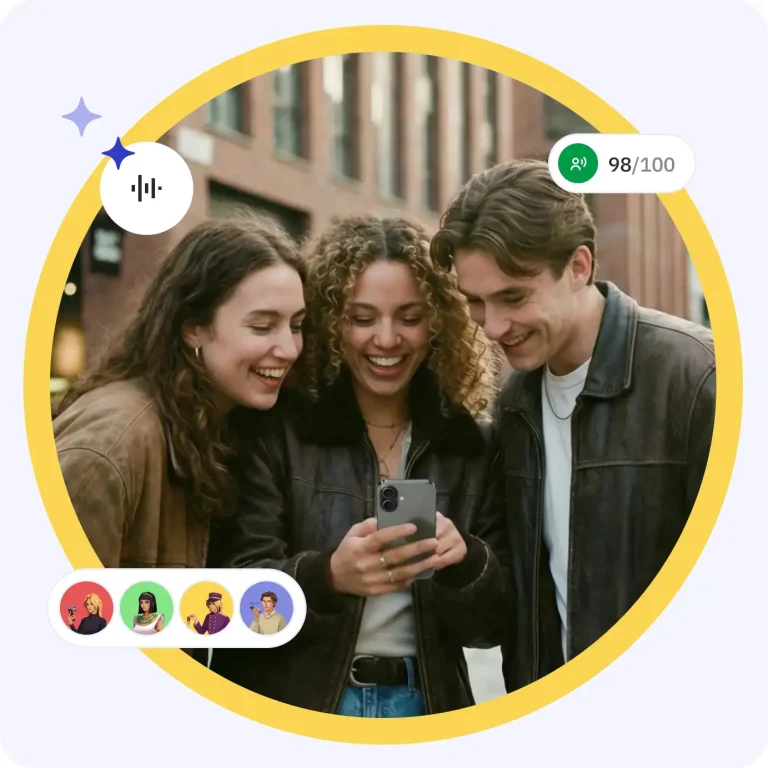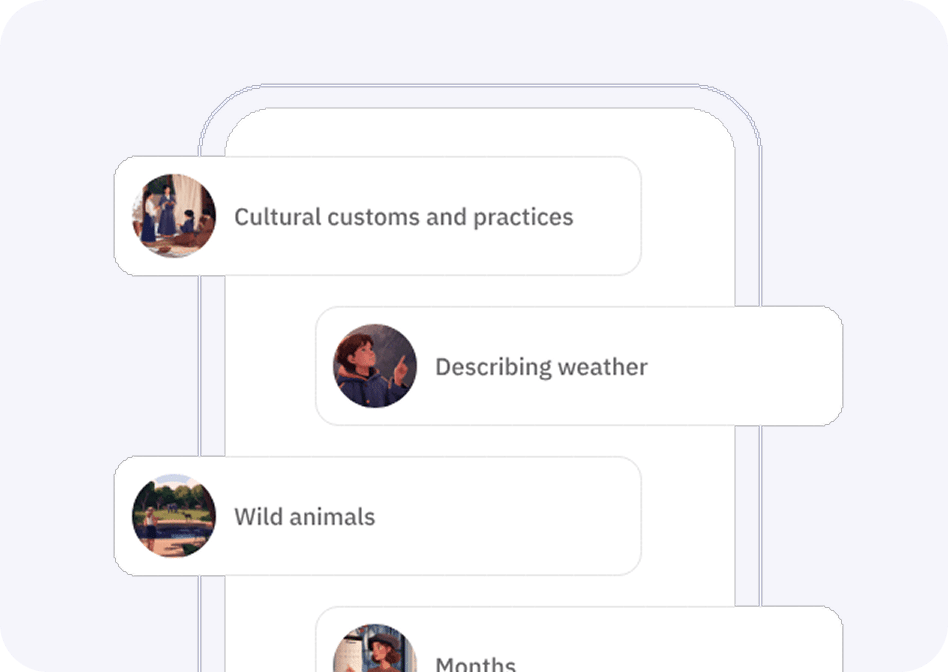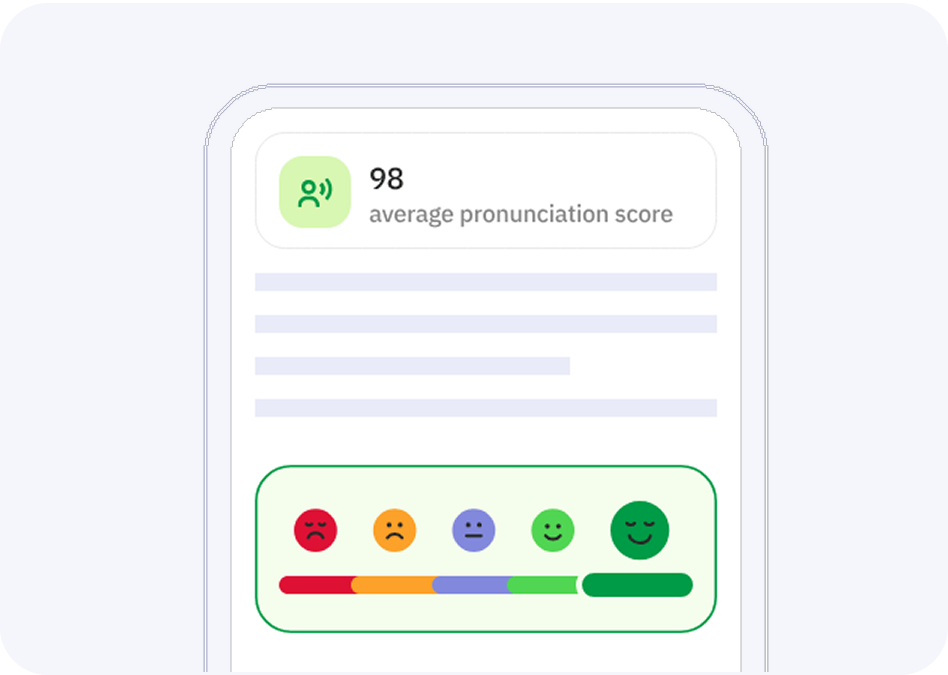Learn Advanced German
Embarking on the journey to learn advanced German is an exciting step for any language learner. This stage not only enhances your grammatical skills and vocabulary but also deepens your understanding of German culture and idiom, opening new doors in careers, education, and personal growth. Whether for business negotiations, academic research, or personal enrichment, advanced German proficiency is a highly valued skill. Innovative tools like Talkpal AI have revolutionized how we approach language learning, making it more accessible and tailored to individual needs. In this detailed guide, we explore diverse strategies and resources that will help you excel in advanced German.

The talkpal difference

Personalized Education
Every student has a distinct style of acquiring knowledge. Through Talkpal technology, we analyze the study patterns of millions of users concurrently to build highly effective educational frameworks. These insights allow us to fully customize the lesson plans for every single user based on their specific interests and needs.

Cutting-Edge Technology
Our main mission is to lead the way in providing a unique study experience for every person. We accomplish this by leveraging the most recent innovations in technology to ensure you get the best AI-driven guidance available.

Making Learning Fun
We have transformed the educational process into a delightful activity. Since maintaining motivation in an online setting is often difficult, we developed Talkpal to be immersive and exciting. The experience is so compelling that many users prefer improving their language skills with our app instead of playing video games.
LANGUAGE LEARNING EXCELLENCE
The most efficient way to learn a language
Try Talkpal for freeMastering the Language: Learn Advanced German
1. Utilizing Technology in Learning Advanced German
In an era dominated by technology, leveraging advanced tools like Talkpal AI can significantly enhance your German learning experience. This intelligent platform uses AI to help you practice real-life conversations in German, improving your language comprehension and speaking fluency. Talkpal AI also offers personalized feedback, allowing you to focus on areas that need improvement. The use of such technology makes the learning process not only effective but also engaging and interactive.
2. Understanding Complex Grammar Structures
When you learn advanced German, a deep understanding of its complex grammar structures becomes crucial. This stage involves learning the nuances of the subjunctive mood, passive voice, and reflexive verbs among others. To master these aspects, it is advisable to use comprehensive grammar guides and participate in advanced grammar workshops or classes. Consistent practice and application in writing and speaking will solidify your understanding and use of complex grammatical forms.
3. Expanding Vocabulary and Idiomatic Expressions
Advanced German learners should focus on expanding their vocabulary and integrating idiomatic expressions into their speech. Reading German literature, specialized magazines, and academic journals contributes significantly to vocabulary growth. Additionally, listening to German podcasts and watching films can introduce you to idiomatic language used in everyday conversations and various professional contexts. Keeping a vocabulary journal and regularly revisiting it can also be very beneficial.
4. Engaging in Advanced Conversational Practice
Conversational practice is key to achieving fluency in advanced German. Engaging with native speakers or advanced learners can provide real-life practice and help you apply grammatical concepts and vocabulary in context. Platforms like Talkpal AI simulate real-life conversations effectively, allowing for a safe and structured way to practice complex interactions. Joining German-speaking clubs or online forums can also provide you with regular speaking opportunities.
5. Writing Practice in German
Advanced learners should not underestimate the power of writing in improving their German. Writing essays, reports, and stories in German allows you to apply complex sentence structures and vocabulary. It is also a critical skill for those interested in pursuing higher education or professional opportunities in German-speaking countries. Regular writing practice can be supplemented by feedback from teachers or through language learning platforms that provide corrective suggestions.
6. Cultural Immersion
Understanding cultural nuances and historical contexts can significantly enhance your mastery of advanced German. Engaging with the culture, whether by traveling to German-speaking countries, attending cultural festivals, or interacting with German expatriates, enriches your learning and provides deeper insights into the language’s practical usage. Cultural immersion also helps in understanding regional dialects and colloquialisms, making you a versatile communicator.
7. Professional Language Courses
Enrolling in professional language courses specifically designed for advanced German learners can provide structure and depth to your study. These courses often cover specialized topics such as business German, technical writing, and language for academic purposes, tailored to your learning needs. Professional instructors can guide you through complex areas and provide the necessary tools to overcome common challenges in advanced German learning.
8. Regular Revision and Consistency
Consistency is key in mastering any language, particularly at advanced levels. Regular revision of what you’ve learned ensures retention and helps integrate language skills seamlessly into your communication. Setting a regular study schedule, revisiting challenging concepts, and continuous practice are essential strategies. Utilizing spaced repetition software can aid in memorizing difficult words and rules.
9. Advanced Certification Exams
Preparing for and taking advanced German certification exams like TestDaF or DSH can be excellent goals that motivate your studies. These certifications are recognized by employers and educational institutions in German-speaking countries and can provide you with specific targets to shape your study plans. These exams also give you a clear indication of your language level and areas that require extra attention.
10. Feedback and Continuous Improvement
Lastly, continuous feedback on your progress is vital when you learn advanced German. Utilize platforms like Talkpal AI, which offer detailed feedback on pronunciation, grammar, and usage. Additionally, seek constructive criticism from teachers, peers, and native speakers, allowing you to refine your skills progressively. Remember, language learning is a continuous journey of improvement, requiring adaptation and persistence.
By integrating these strategies into your study plan, you will enhance your abilities and enjoy the richness of advanced German. Whether through technology, structured courses, or cultural engagement, each step brings you closer to fluency and confidence in the German language.
The most efficient way to learn a language
Try Talkpal for freeFrequently Asked Questions
How long does it typically take to reach an advanced level in German?
What are some recommended resources for advanced German learners?
Is it necessary to spend time in a German-speaking country to master advanced German?
Can I use advanced German skills in my career?
What are the common challenges when learning advanced German and how can I overcome them?







